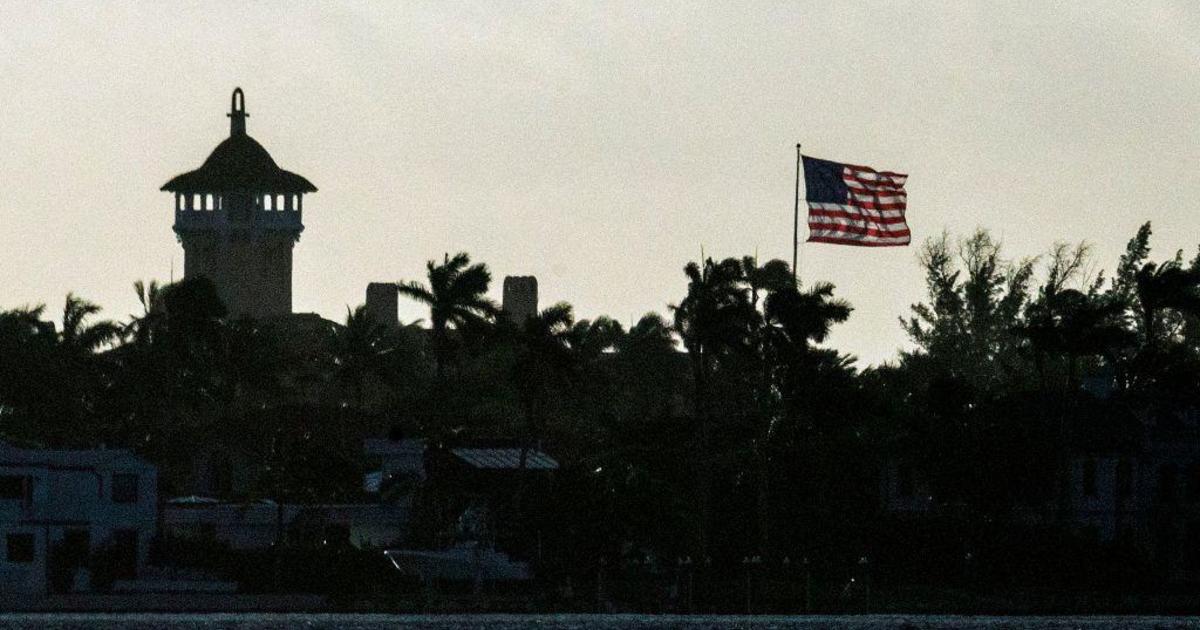
The National Archives confirms it found classified materials at Mar-a-Lago
CBSN
The National Archives and Records Administration found classified materials in the 15 boxes of records it retrieved from former President Donald Trump's residence at Mar-a-Lago, according to a letter sent to the House of Representatives' Committee on Oversight and Reform on Friday.
"NARA has identified items marked as classified national security information within the boxes," archivist David S. Ferriero wrote in the letter. "Because NARA identified classified information in the boxes, NARA staff has been in communication with the Department of Justice."
Also in his letter, Ferriero said the National Archives found certain social media records were not captured and preserved, and Trump administration staffers "conducted official business using non-official electronic messaging accounts that were not copied or forwarded into their official electronic messaging accounts." It is working to get the missing records.
